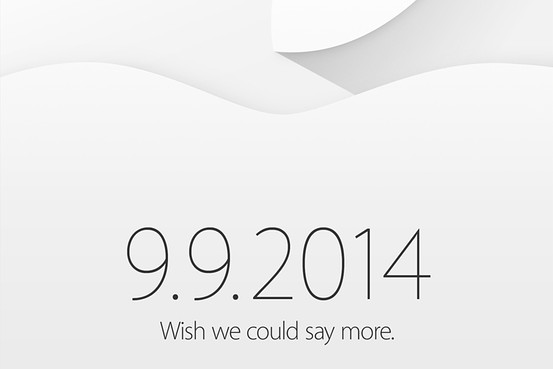Xenotilapia leptura is a species of fish that lives in Lake Tanganyika in Africa. It is currently in no danger of extinction.
But this will change.
Lake Tanganyika is the second-largest freshwater lake in the world by volume. It is located in the East African Rift, which is being formed by the African tectonic plate splitting in two and drifting apart. Sometime in the next 10 million years, the split will become large enough that a new ocean will form between the two new plates.
What will become of Lake Tanganyika when this new ocean forms in the East African Rift? Will it be incorporated into the new ocean? Will the change be gradual, or catastrophic? Will the salt water from the world oceans suddenly rush into the lake? Or will the saltiness increase very, very gradually?
These are important questions for the future of Xenotilapia leptura. You cannot just plop it into a saltwater ocean and expect it to survive. It needs the saltiness to increase gradually, so that the species has time to evolve with the change.
* * *
It is amazing to think that we can see 10 million years into the future of some other species, but barely see 10 days into the future of our own. Every day a new startup company is born, or within an existing business a new project is launched, with a mission to invent some new technology that will change the world.
Ten days from now, Apple will announce something.
What rough automaton, its hour come round at last, slouches toward Bethlehem to be born?
Will we, as a species, have time to evolve with the change? Or will the change overwhelm us?
* * *
I have been on Twitter now for seven years. There have been murmurs now that Twitter has changed, for the worse, and people are dropping out. Frank Chimero:
Here’s the frustration: if you’ve been on Twitter a while, it’s changed out from under you. Christopher Alexander made a great diagram, a spectrum of privacy: street to sidewalk to porch to living room to bedroom. I think for many of us Twitter started as the porch—our space, our friends, with the occasional neighborhood passer-by. As the service grew and we gained followers, we slid across the spectrum of privacy into the street.
But perhaps Twitter hasn’t changed. It’s just a dumb new ocean, flooding in. We’re the ones who haven’t changed, who haven’t evolved fast enough to survive the new saltwater.
I’ve dropped out of Twitter three times this year. I don’t want to blame Twitter for it. I just have trouble adapting to the changing environment. Twitter for me has become like Fox News is for many senior citizens — it’s entertaining and informative, but it also leaves me bitter and angry and frustrated at the world, 24×7.
True, there are some things worth being angry about. But I can be angry about those things without Twitter. It’s the things not worth being upset about that’s the problem.
I’m just not very good at dipping my feet into that ocean in moderation. It pulls me down deep, every time. And as a result, I become a lousy husband and father in the real world, and my productivity plummets.
When I’ve taken breaks, the anger and bitterness leaves, and everything in my life gets better. I’m happier, the people around me are happier, and I get a hell of a lot more useful stuff done.
I’m taking a long, looooooooong break from Twitter this time. I’m not planning to come back until (a) the bitterness is gone again, and (b) I have a real plan for using Twitter in moderation. Until then, anytime I feel like expressing anything, I’ll do it here, on this blog.
* * *
So long, and thanks for all the fish.

